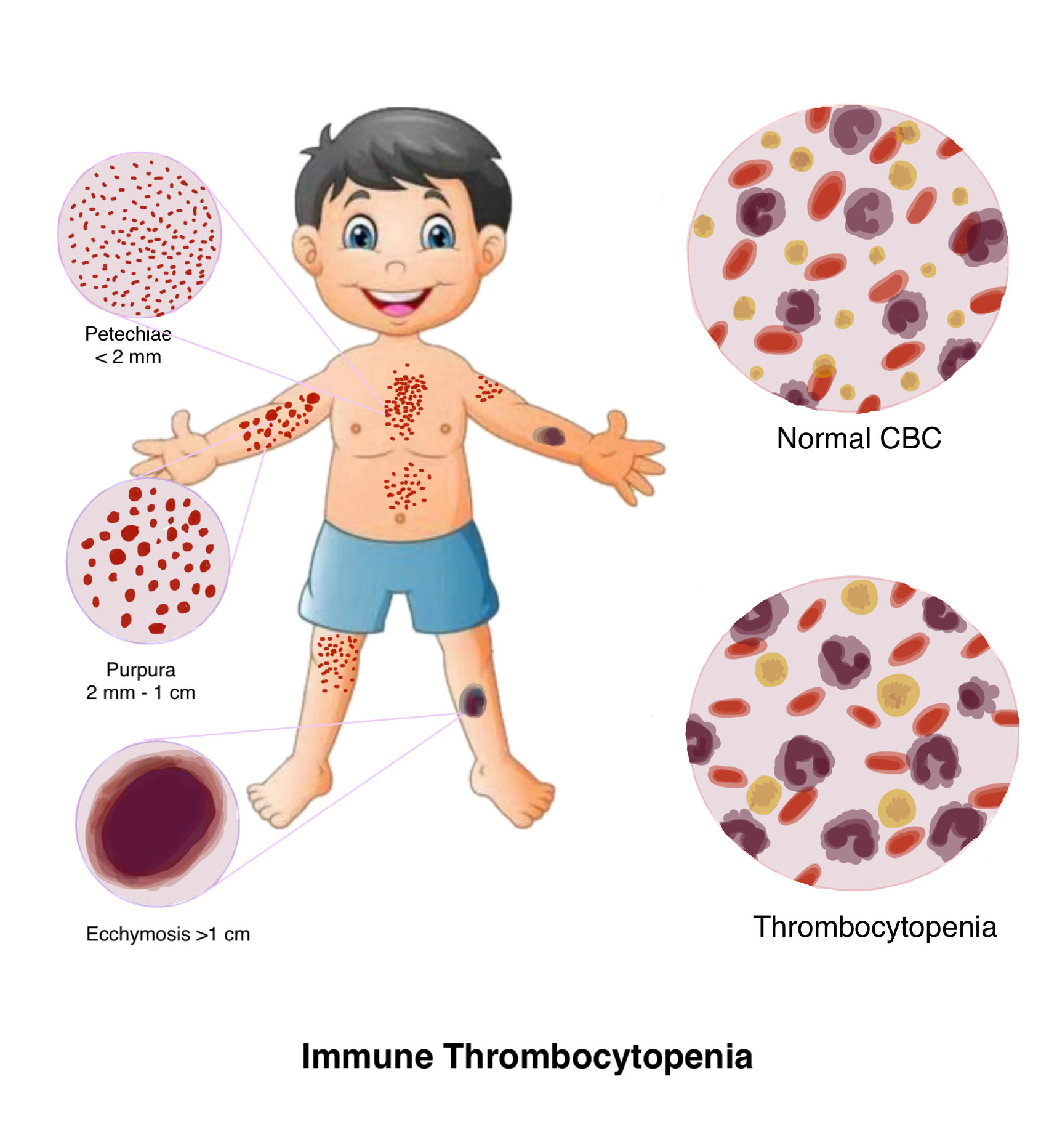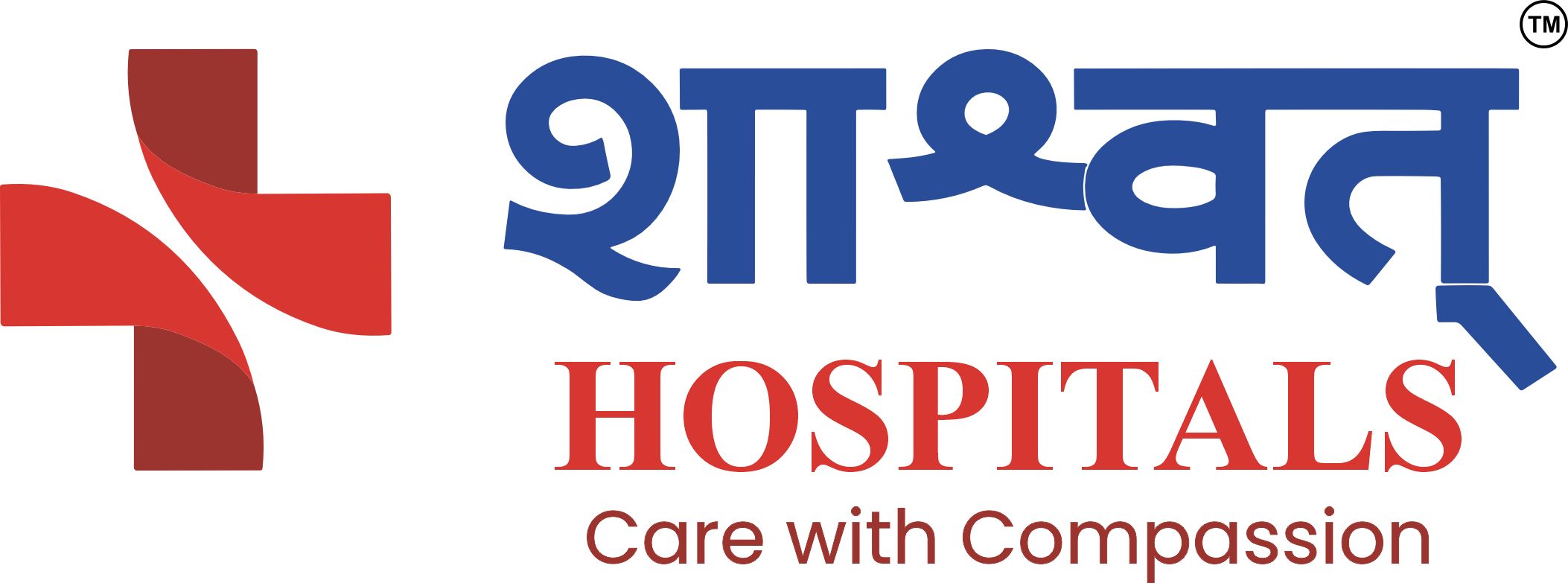Benign Hematology

Anemia is a condition where you don’t have enough healthy red blood cells to carry oxygen to your body’s tissues. This can make you feel tired, weak, or short of breath. The severity of anemia can range from mild to severe, and while it can be easily managed in many cases, it can also be a sign of a more serious health issue.
Hemophilia is a rare genetic disorder where the blood doesn’t clot properly, leading to excessive bleeding from even minor injuries. The condition occurs when someone lacks or has low levels of certain clotting factors in their blood, which are proteins needed to stop bleeding. Hemophilia most commonly affects males, as it is inherited in an X-linked recessive pattern, meaning the gene for the condition is located on the X chromosome.

Immune thrombocytopenia (ITP) is a rare condition where the body’s immune system mistakenly attacks and destroys its own platelets, the cells responsible for blood clotting. As a result, people with ITP can experience a low platelet count, which leads to easy bruising, prolonged bleeding, and other related symptoms. ITP can be either primary, meaning it occurs on its own, or secondary, meaning it develops due to another underlying condition.
Pure red cell aplasia (PRCA) is a rare condition characterized by the selective failure of the bone marrow to produce red blood cells, while the production of other blood cell types, such as white blood cells and platelets, remains relatively normal. This leads to a severe shortage of red blood cells, resulting in anemia.

